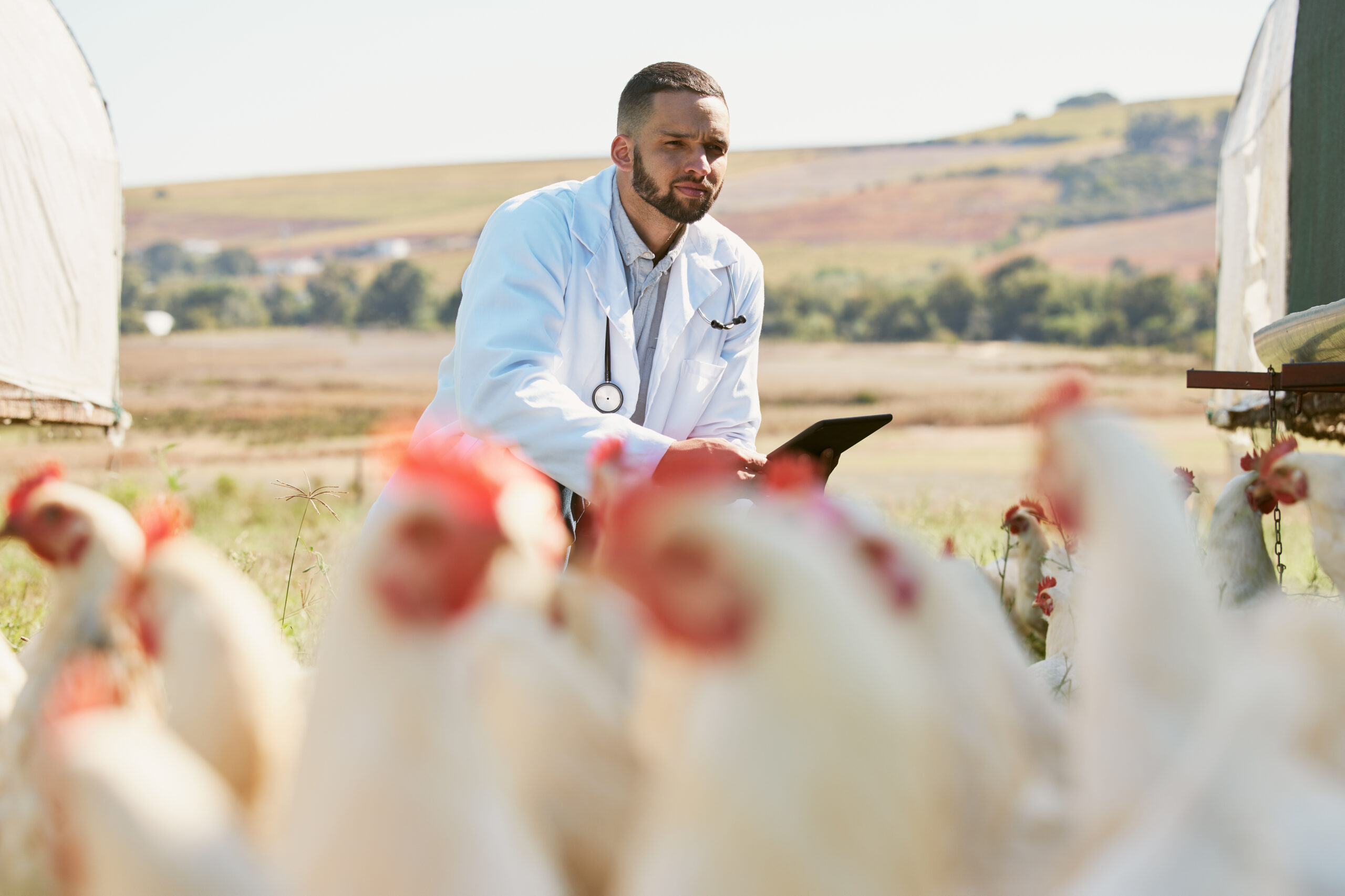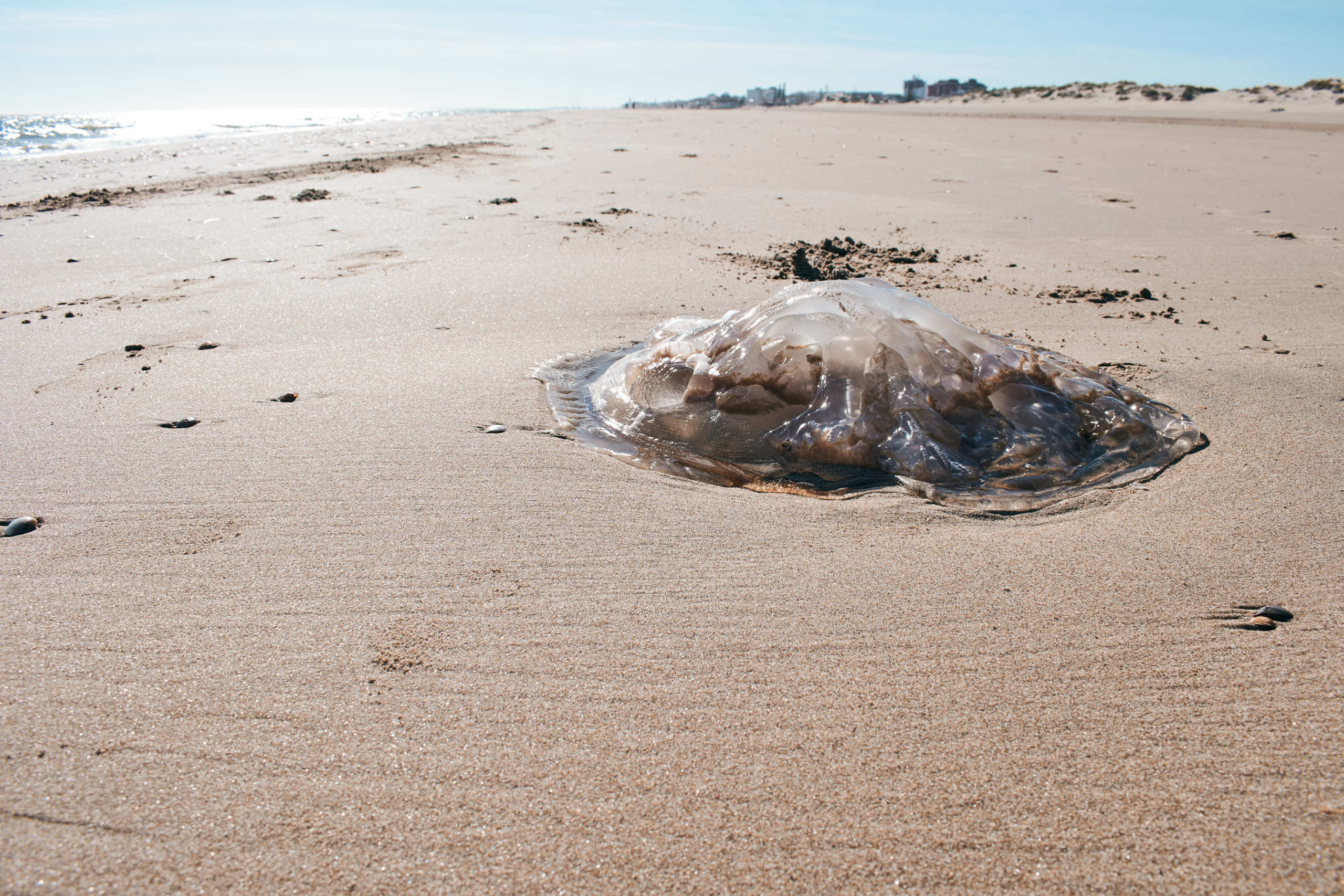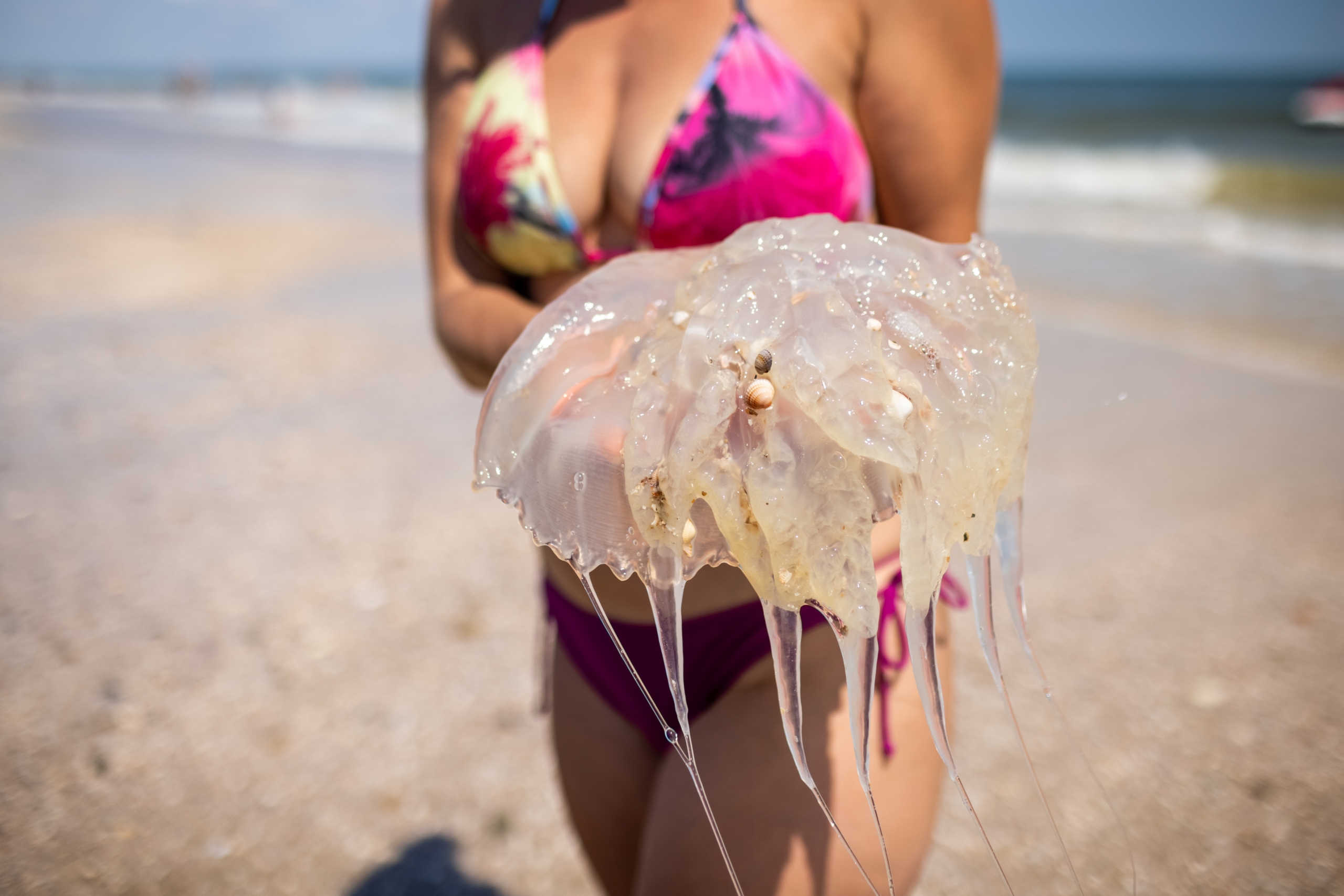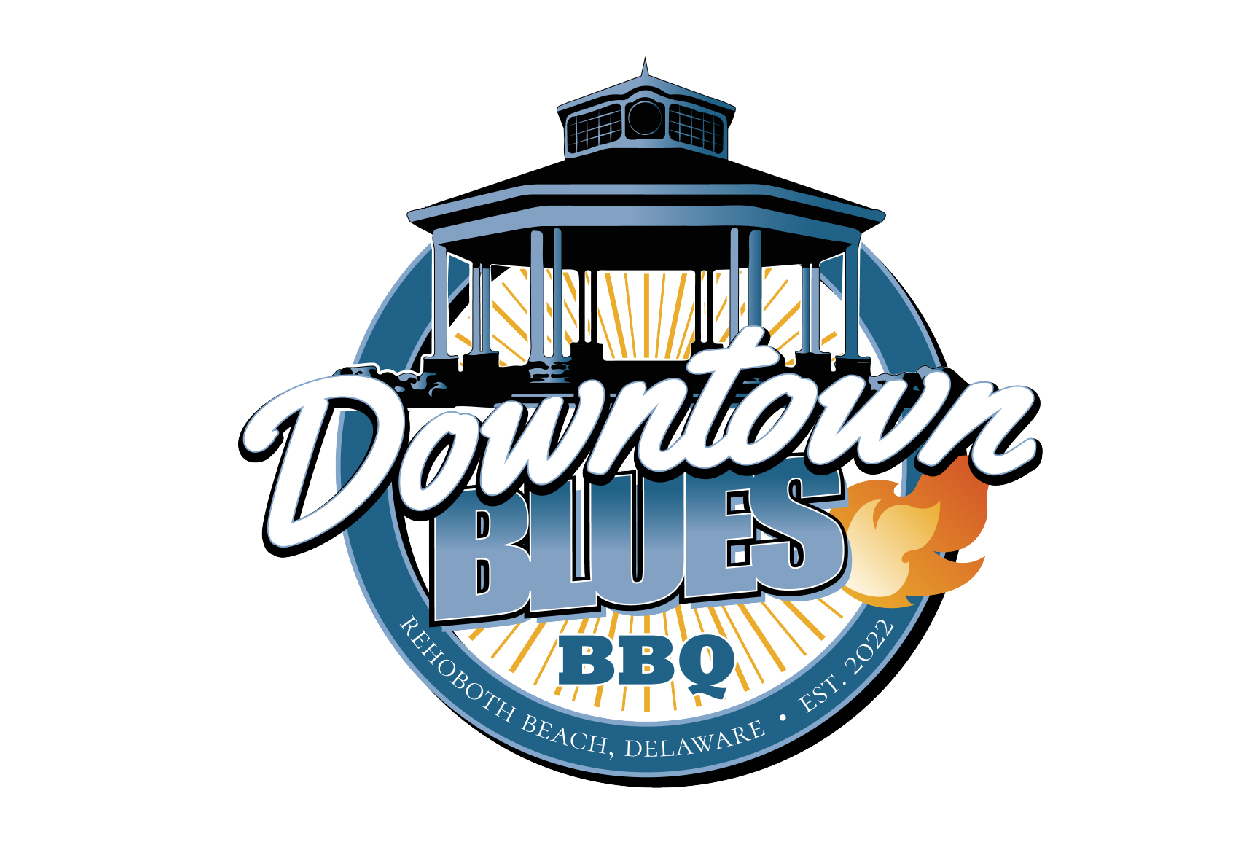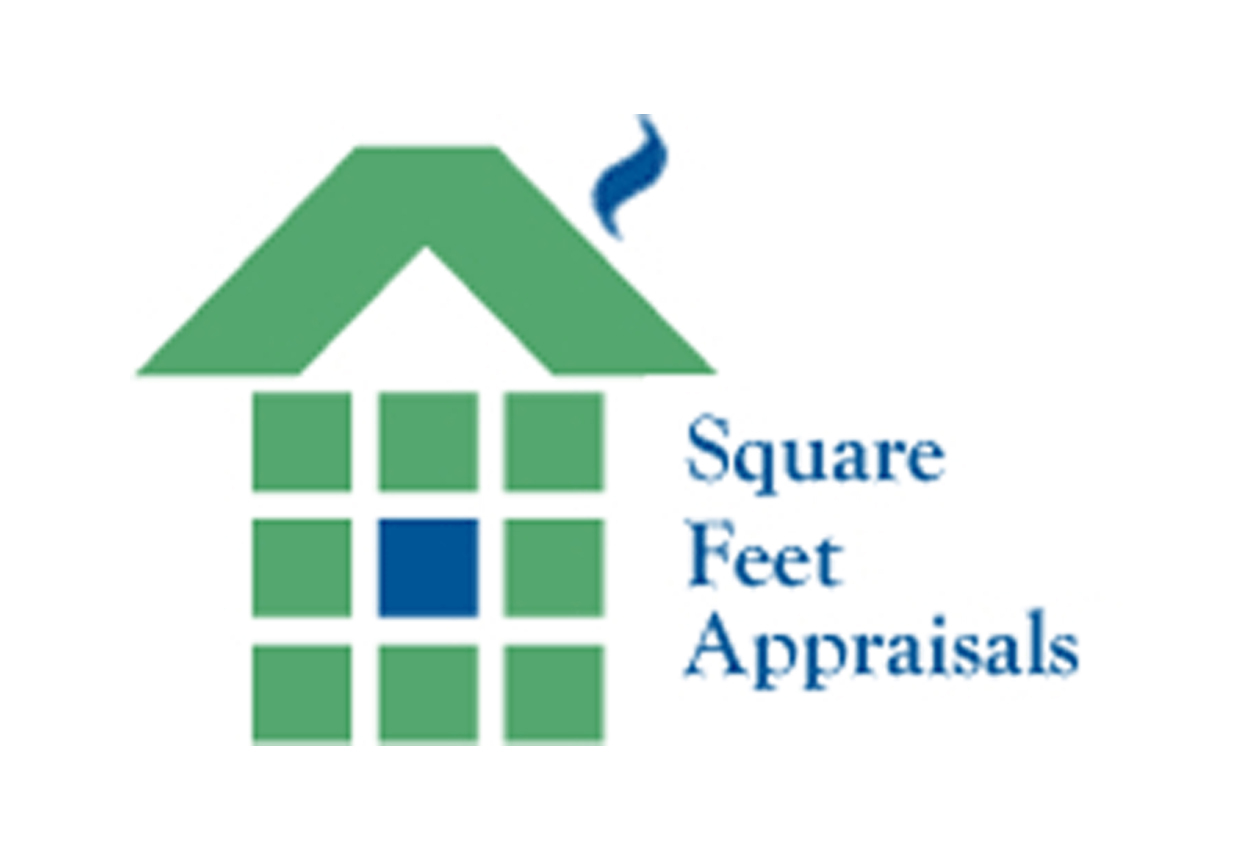Update on Delaware’s H5 Avian Influenza Case: Key Findings and Precautions
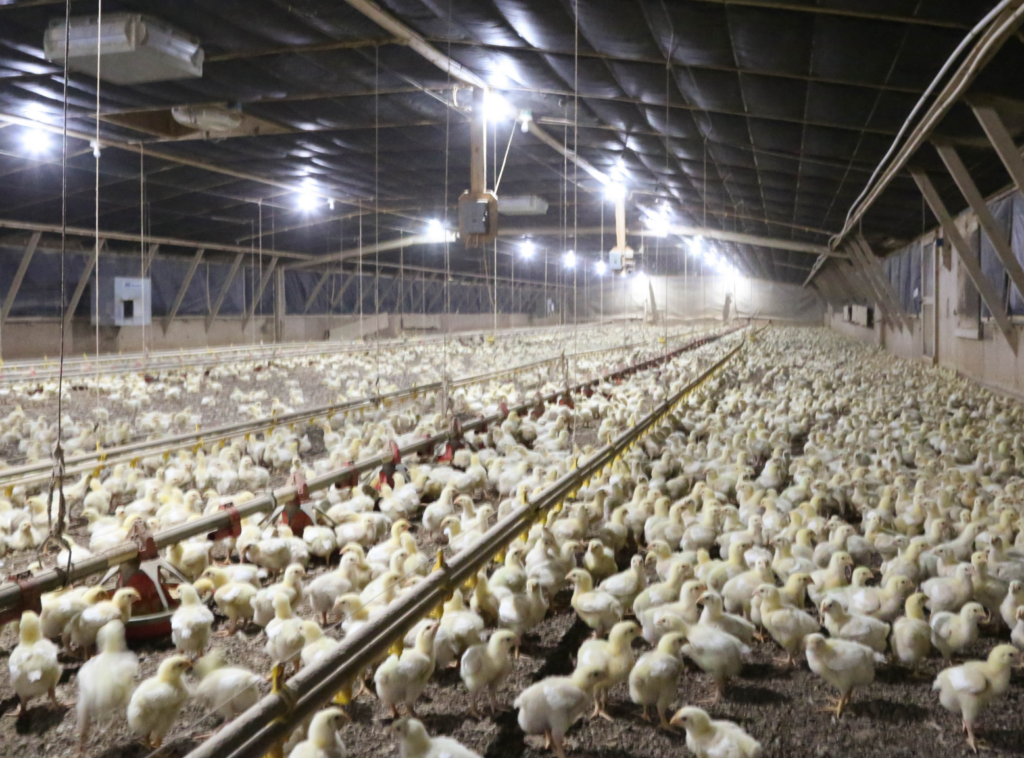 On January 5, 2025, the U.S. Department of Agriculture’s National Veterinary Services Laboratory (NVSL) confirmed that the poultry farm in Kent County, Delaware, previously identified with a presumptive positive case of H5 avian influenza, is indeed affected by highly pathogenic H5 avian influenza (HPAI) of the Eurasian lineage 2.3.4.4b. Early indications suggest that the virus is the D1.1 genotype commonly found in wild birds; however, final confirmation of this genotype will require further sequencing, and there is currently no timeline for when this data will be available to the Delaware Department of Agriculture.
On January 5, 2025, the U.S. Department of Agriculture’s National Veterinary Services Laboratory (NVSL) confirmed that the poultry farm in Kent County, Delaware, previously identified with a presumptive positive case of H5 avian influenza, is indeed affected by highly pathogenic H5 avian influenza (HPAI) of the Eurasian lineage 2.3.4.4b. Early indications suggest that the virus is the D1.1 genotype commonly found in wild birds; however, final confirmation of this genotype will require further sequencing, and there is currently no timeline for when this data will be available to the Delaware Department of Agriculture.
Monitoring and Symptoms to Watch
All poultry farms across Delaware are urged to closely monitor their flocks for any signs of increased mortality. Producers should be particularly vigilant for symptoms indicating respiratory illness or distress, including:
- Sneezing
- Gasping for air
- Coughing
- Runny nose
- Swelling around the eyes, neck, and head
- Purple discoloration of wattles, combs, and legs
- Tremors or drooping wings
- Circling or twisting of the head and neck
- Watery green diarrhea
- Lack of energy or poor appetite
- Decreased egg production or abnormal eggs
Reporting Illness in Flocks
Commercial poultry producers are advised to follow established protocols and notify their processing companies immediately upon noticing any signs of HPAI. Backyard flock owners who observe symptoms or experience increased mortality should contact the Delaware Poultry Health Hotline at poultry.health@delaware.gov or call 302-698-4507. It is crucial not to transport sick or dead birds to laboratories for testing.
Note: Delaware residents are advised to refrain from touching or handling injured, sick, or deceased birds. If you come across any dead or ill birds, please use the DNREC Division of Fish and Wildlife’s Sick and Dead Wildlife Reporting Form. Note that reports concerning wild birds should not be directed to the Delaware Poultry Health Hotline, as this hotline is specifically designated for backyard flocks and poultry farms.
Biosecurity Measures for Poultry Owners
To protect their flocks from avian influenza, backyard flock owners should implement strict biosecurity measures:
- Prevent commingling with wild birds.
- Keep birds under cover to avoid contact with infected wild bird droppings.
- Purchase new birds only from reputable sources that are NPIP-certified.
- Quarantine new or returning birds for 30 days before introducing them to established flocks.
Public Health Considerations
While the H5N1 virus has infected a limited number of people in the U.S., there has been no documented human-to-human transmission. Nonetheless, it remains prudent for backyard flock owners to keep their birds in outdoor coops and avoid bringing outdoor birds into homes. Children and pets should also be kept away from wild birds and their droppings.
Conclusion
As Delaware continues to address this significant public health concern, all poultry owners must remain vigilant and proactive in safeguarding their flocks against avian influenza. By adhering to recommended precautions and staying informed about ongoing developments, we can collectively work towards minimizing the impact of this virus on our agricultural community.

